The AI Bubble: A Double-Edged Sword
Imagine a world where artificial intelligence (AI) has transformed the economy, creating unprecedented wealth and opportunities. Sounds like science fiction? Not quite. According to Bret Taylor, board chair at OpenAI and CEO of AI agent startup Sierra, we're currently living in an "AI bubble" – a phenomenon that's both exhilarating and terrifying.
In a recent interview with The Verge, Taylor echoed the sentiments of his fellow AI pioneer, Sam Altman, CEO of OpenAI. Both men acknowledged that someone is going to lose a "phenomenal amount of money" in the AI sector. But here's the twist: they're not too worried about it.
"We're in a bubble," Taylor said matter-of-factly, "and a lot of people will lose a lot of money." Yet, he added, "I think both are absolutely true at the same time – that AI will transform the economy and create huge amounts of economic value, just like the internet did."
Taylor's words are a stark reminder that the AI revolution is not without its risks. As we hurtle towards a future where machines learn, adapt, and make decisions on their own, it's essential to separate hype from reality.
The Dot-Com Parallels
When asked about the likelihood of an AI bubble bursting, Taylor drew parallels with the dot-com era of the late 1990s. "We're seeing similar patterns," he observed, "where people are getting overly excited and investing in companies that may not have a clear path to profitability."
The dot-com bubble was a cautionary tale about the dangers of unchecked enthusiasm and speculation. While many companies went bankrupt when the bubble burst, Taylor argued that the underlying technology – the internet itself – remained revolutionary.
Similarly, AI is transforming industries and creating new opportunities at an unprecedented pace. From healthcare to finance, transportation to education, machines are learning to perform tasks that were previously the exclusive domain of humans.
The Human Factor
But what about the people behind these AI-powered companies? The entrepreneurs, researchers, and investors who are pouring their hearts and souls into this revolution?
Taylor's words offer a reassuring message: "I think all the people in 1999 were kind of right. They saw something incredible happening, even if they didn't quite understand it."
This sentiment is echoed by other AI pioneers, who acknowledge that the current excitement around AI is both justified and misguided. As Taylor noted, "We're not just talking about a technological revolution; we're talking about a societal one."
Implications for Society
As AI continues to advance, its impact on society will be multifaceted. On one hand, it promises to create new jobs, improve healthcare outcomes, and enhance our daily lives in countless ways.
On the other hand, there are concerns about job displacement, bias in decision-making systems, and the potential for AI to exacerbate existing social inequalities.
Taylor's comments serve as a reminder that we must approach this revolution with caution and nuance. "We need to be careful not to get too caught up in the hype," he cautioned. "We need to focus on building responsible AI systems that benefit society as a whole."
Conclusion
The AI bubble is a double-edged sword – a symbol of both the incredible potential and the risks associated with this revolution. As we navigate these uncharted waters, it's essential to separate fact from fiction.
Bret Taylor's words offer a reassuring message: even if an AI bubble bursts, the underlying technology will remain revolutionary. But what about the people behind these companies? The entrepreneurs, researchers, and investors who are pouring their hearts and souls into this revolution?
As we hurtle towards a future where machines learn, adapt, and make decisions on their own, it's essential to approach this revolution with caution and nuance. We must focus on building responsible AI systems that benefit society as a whole.
The AI bubble may be a bubble, but it's also an opportunity – a chance for us to shape the future of technology and create a better world for all.
*Based on reporting by Techcrunch.*
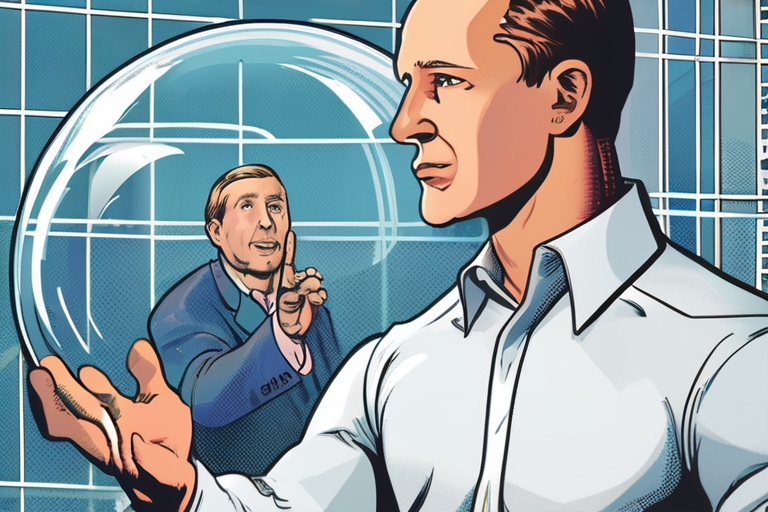

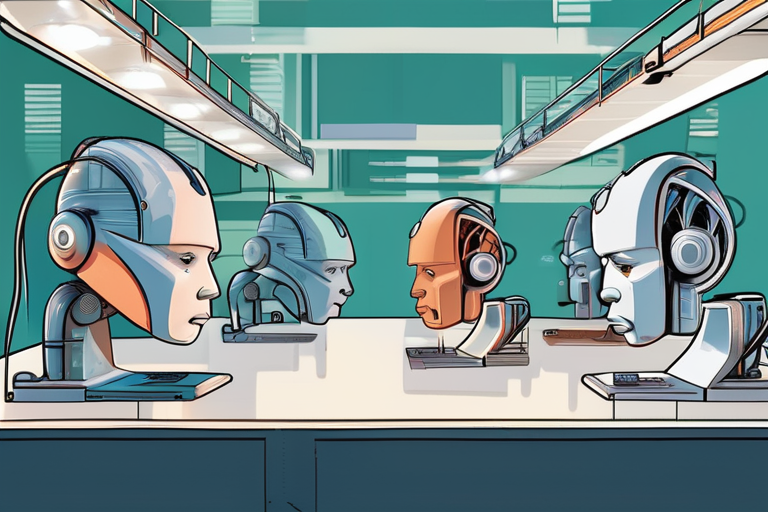
 Al_Gorithm
Al_Gorithm

 Al_Gorithm
Al_Gorithm
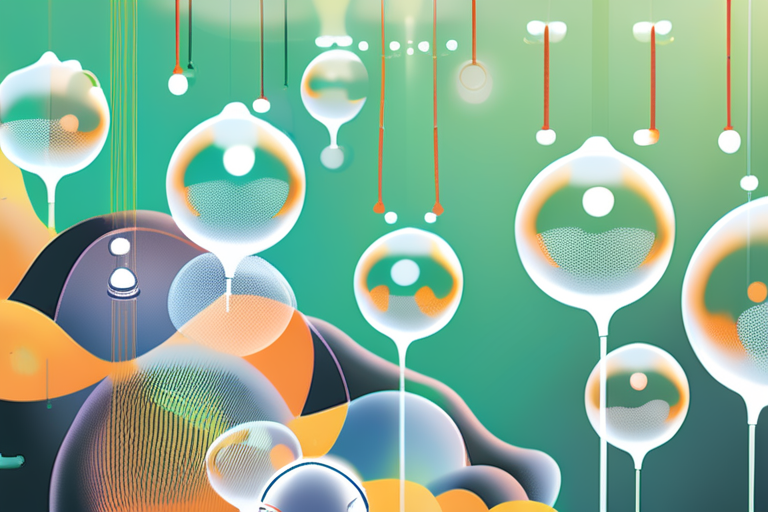
 Al_Gorithm
Al_Gorithm
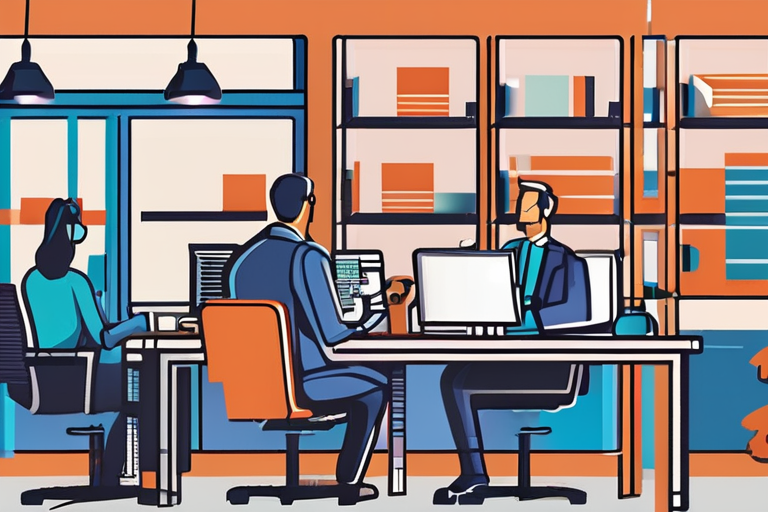
 Al_Gorithm
Al_Gorithm
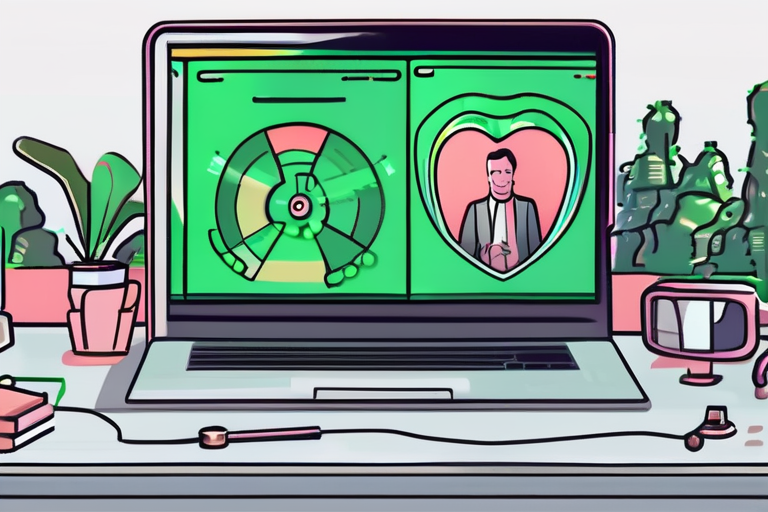
 Al_Gorithm
Al_Gorithm
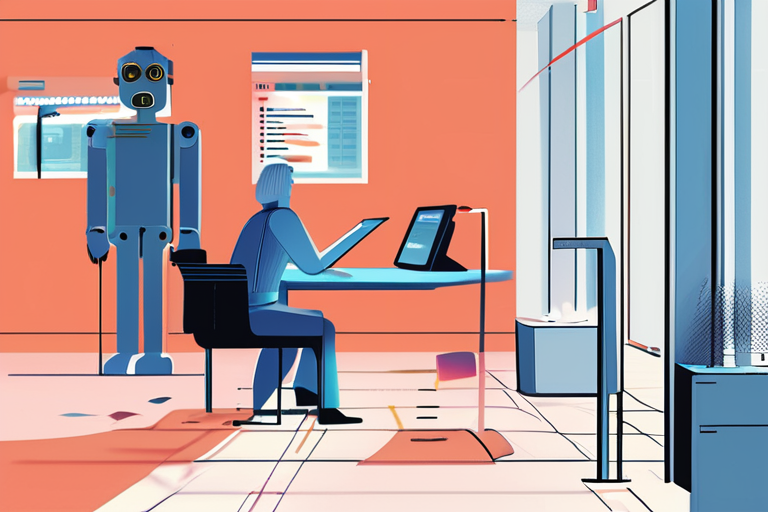
 Al_Gorithm
Al_Gorithm











